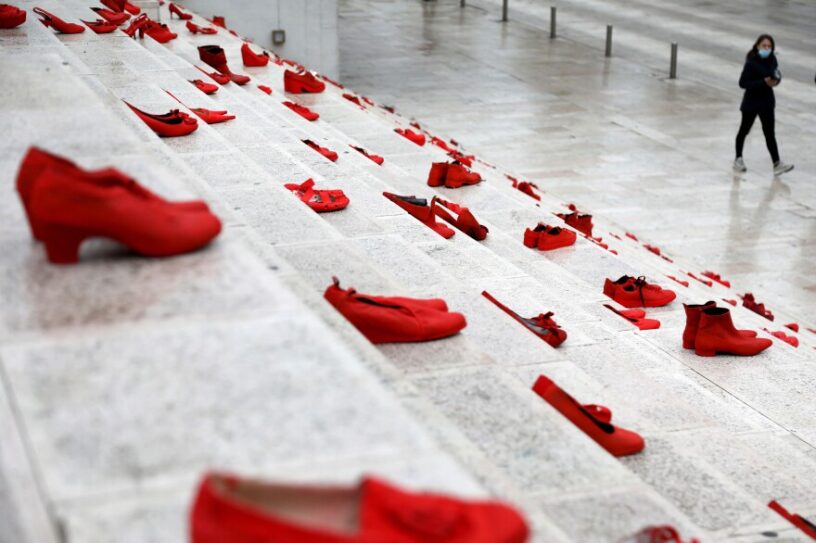March 8th, a date symbolizing women's rights and gender equality, has once again become a stage for political discourse and economic debates in Albania. While the global significance of International Women's Day is deeply rooted in the struggle for equal rights, its observance in Albania continues to oscillate between activism, political manipulation, and consumer-driven festivities.
Political Exploitation of Women`s Rights
Former Prime Minister Sali Berisha`s statement that “violence against women has increased by 50% and that Prime Minister Edi Rama is “the most misogynistic leader in Europe“ highlights the ongoing politicization of gender issues. His accusations suggest that the Albanian government lacks concrete policies to protect and empower women, reinforcing the perception that women`s rights are often used as a rhetorical tool rather that being seriously addressed through institutional measures.
However, while gender-based violence remains a grave issue in Albania, the lack of empirical data supporting such specific figures raises questions about the accuracy and intent behind Berisha`s claims. Gender-related policies require long-term commitment and comprehensive legal framework, not merely accusation that serve political interests. If violence against women has indeed increased at such an alarming rate, it would indicate a systemic failure that transcends political parties and demands immediate action beyond mere condemnation.
Economic Promises and Political Realities
The Democratic Party`s economic pledges, made during a meeting with Albanian emigrants in Italy, have also sparked scepticism. The party promised that within the first three months of governance, it would establish an official minimum living wage, increase the average salary to 1,200 euros, and raise de minimum wage by 25%, bringing it to 50,000 ALL per month. While such commitments sound appealing, economic analysis argue that their feasibility is questionable without a drastic increase in public debt or taxes.
Economic Fatos Çoçoli suggests that for these promises to be realistic, Albania`s economic growth rate would need to reach an unprecedented 38% annually – an implausible scenario given the country`s current economic trajectory. Alternatively, implementing such measures would require either increasing public debt by 30% or raising taxes by 15%, both of which could destabilize Albania`s already fragile economic framework. This raises a fundamental question: are these promises genuine, or are they merely populist strategies aimed at securing electoral support?
March 8th: A Day of Protest or Celebration?
Beyond the political and economic rhetoric, March 8th in Albania continues to be marked by a paradox. While feminist activists and human rights organizations attempt to reclaim the day`s original meaning through protests and awareness campaigns, mainstream society predominantly views it as a festive occasion. This year, a protest was organized in front of the Prime Minister`s office, emphasizing the need for greater right and freedoms for women. However, this act of resistance was overshadowed by the widespread commercialization of the day, with women receiving flowers, gifts, and planning weekend getaways.
For many, March 8th is an opportunity to celebrate rather that reflect. Statements from women interviewed on the streets of Tirana highlight this reality – while some acknowledge the struggles women face, others see the day as an occasion to enjoy themselves with friends and family. The presence of consumer-driven celebrations, with expensive gifts and organized trips abroad, further dilutes the core message of the day: advocating for equality and justice.
March 8th in Albania reveals the deep contradictions within society`s approach to gender equality. Political actors exploit women`s issues for rhetorical gains, economic promises remain largely unrealistic, and the broader public struggles to balance activism with tradition. If Albania truly aims to address gender-based violence, economic disparity, and women`s empowerment, it must move beyond symbolic gestures and adopt concrete, data-driven policies that foster real change. Until then, March 8th risks remaining a day of fleeting gestures rather than lasting impact.
Written by our correspondent A.T.



